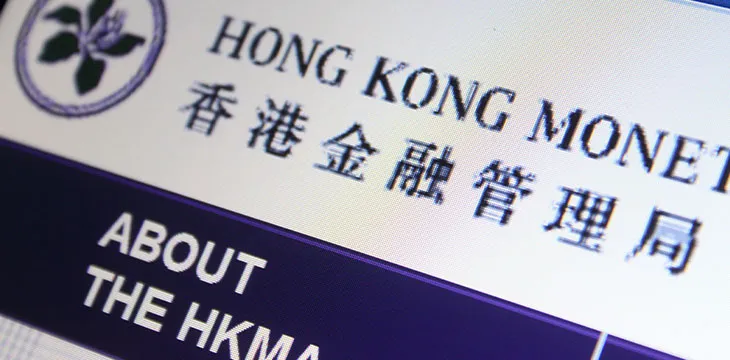|
Getting your Trinity Audio player ready...
|
The Hong Kong Monetary Authority (HKMA) has expressed its skepticism about algorithmic stablecoins and their potential risk to the financial system.
The sentiments against the class of stablecoins were disclosed in the HKMA’s “Conclusion of Discussion Paper on Crypto-assets and Stablecoins.” A public discussion on stablecoins has been ongoing since early 2022 as the banking regulator sought stakeholders’ opinions on the best ways to regulate the stablecoin market.
In the recently released document, the HKMA confirmed that it received 58 submissions, urging it to adopt a “risk-based approach” towards its regulation. The HKMA stated that it “will start with regulating stablecoins that purport to reference to one or more fiat currencies, given the higher and more imminent monetary and financial stability risks that they may pose.”
The HKMA’s incoming changes will impose a licensing burden on certain entities involved in stablecoin activities, including the issuance and marketing of the asset class. Full backing and redemption at par will be the case going forward for stablecoins in Hong Kong rather than the use of algorithmic stablecoins.
“The reserve assets should be of high quality and high liquidity. Stablecoins that derive their value based on arbitrage or algorithm will not be accepted,” it said.
Other changes that a new regulatory framework will herald in Hong Kong’s market include a principal business restriction for operating entities. This clause aims to preclude entities from engaging in ancillary businesses, such as wallet providers engaging in lending services.
The HKMA expects the new regulatory regime to be implemented either in 2023 or 2024. However, the banking regulator noted that it is considering the options of simply amending existing legislation or drafting new laws from scratch.
Stablecoins are facing an avalanche of policy action
Stablecoins fell within the cross-hairs of regulatory agencies after the sudden de-pegging of TerraUSD (UST), the world’s largest algorithmic stablecoin, in early 2022. The impact of the collapse was sudden as policymakers scrambled to pass new regulations to prevent a repeat of the black swan incident.
The Financial Stability Board (FSB) issued several suggestions for the proper regulation of stablecoins to stifle the inherent risk that some member countries have begun implementing. Other recommendations hinting at tighter rules for the asset class include guiding documents issued by the Basel Committee on Banking Supervision (BCBS), the Financial Action Task Force (FATF), and the International Organization of Securities Commission (IOSCO).
Watch: Smart Contracts and Computation on BSV

 09-08-2025
09-08-2025 





